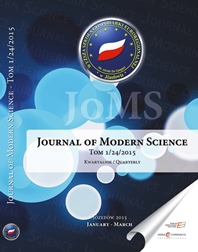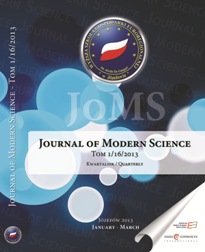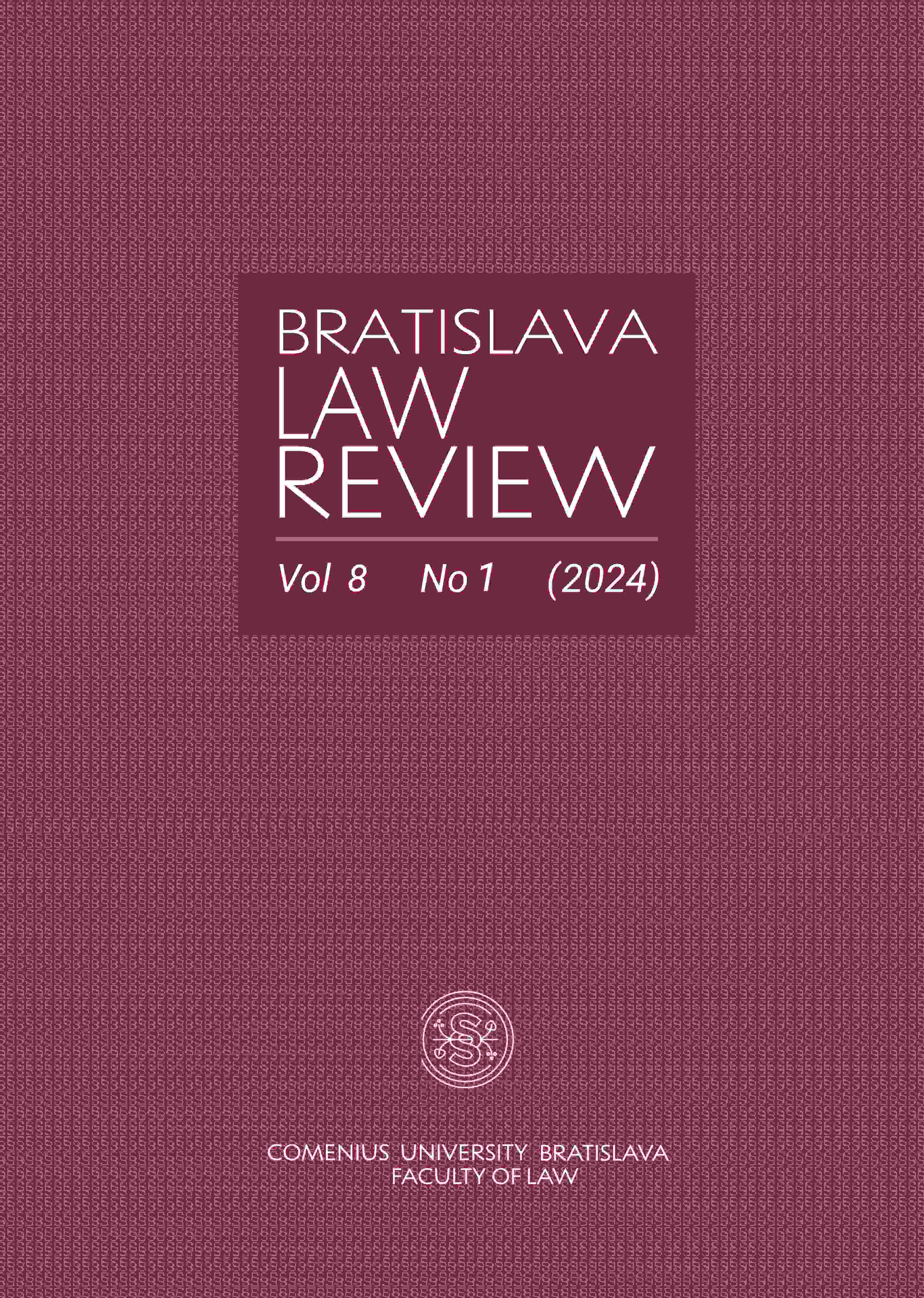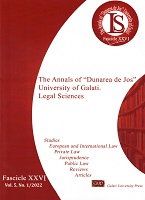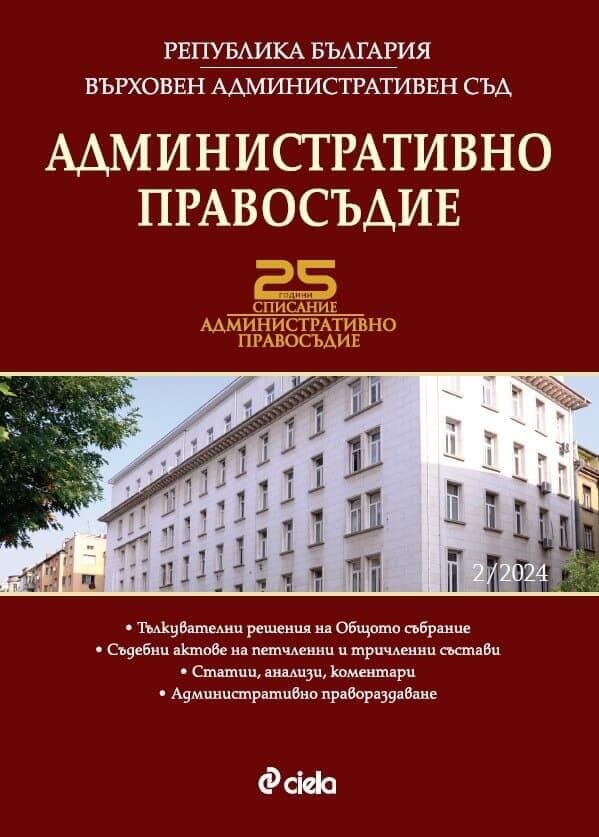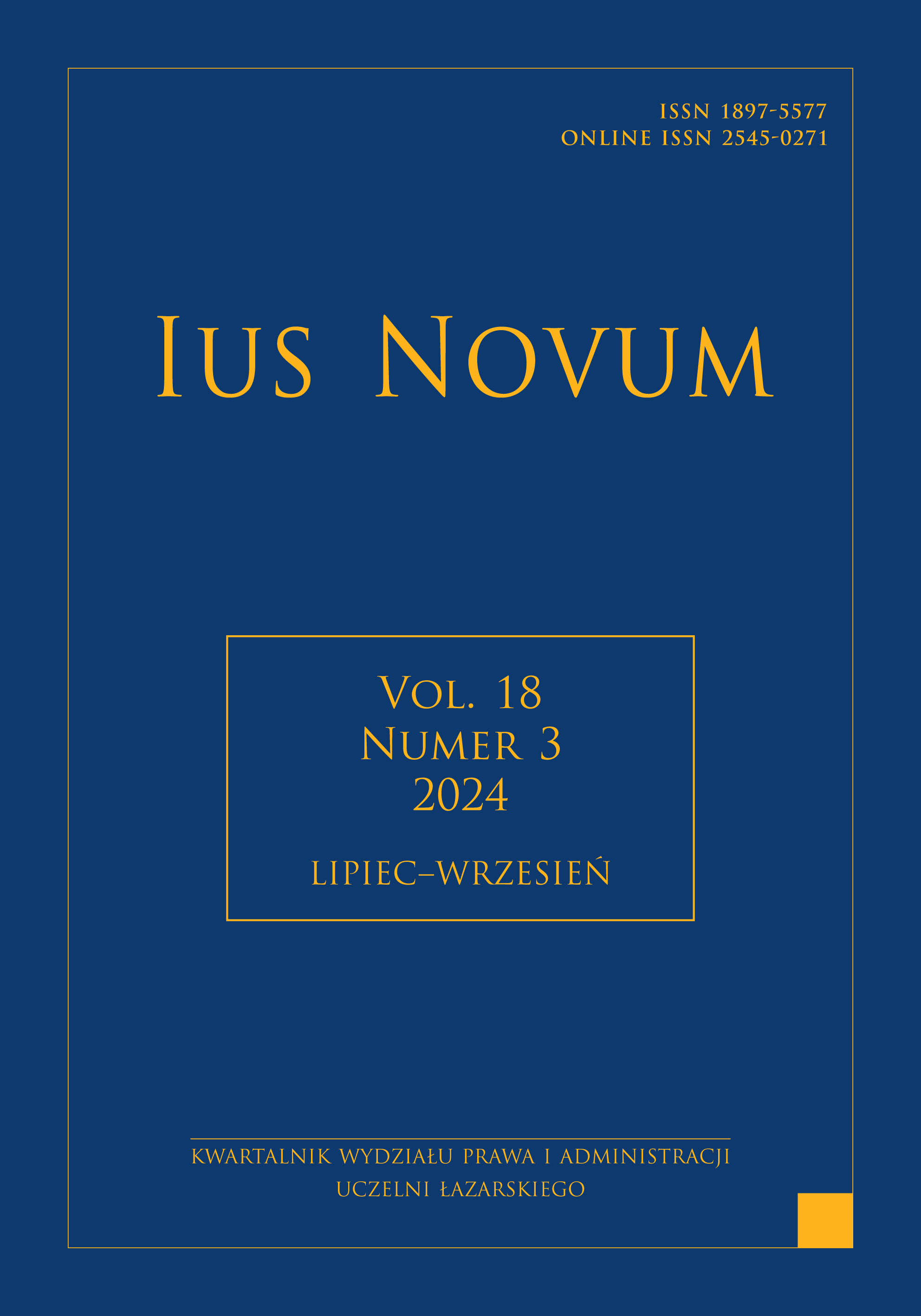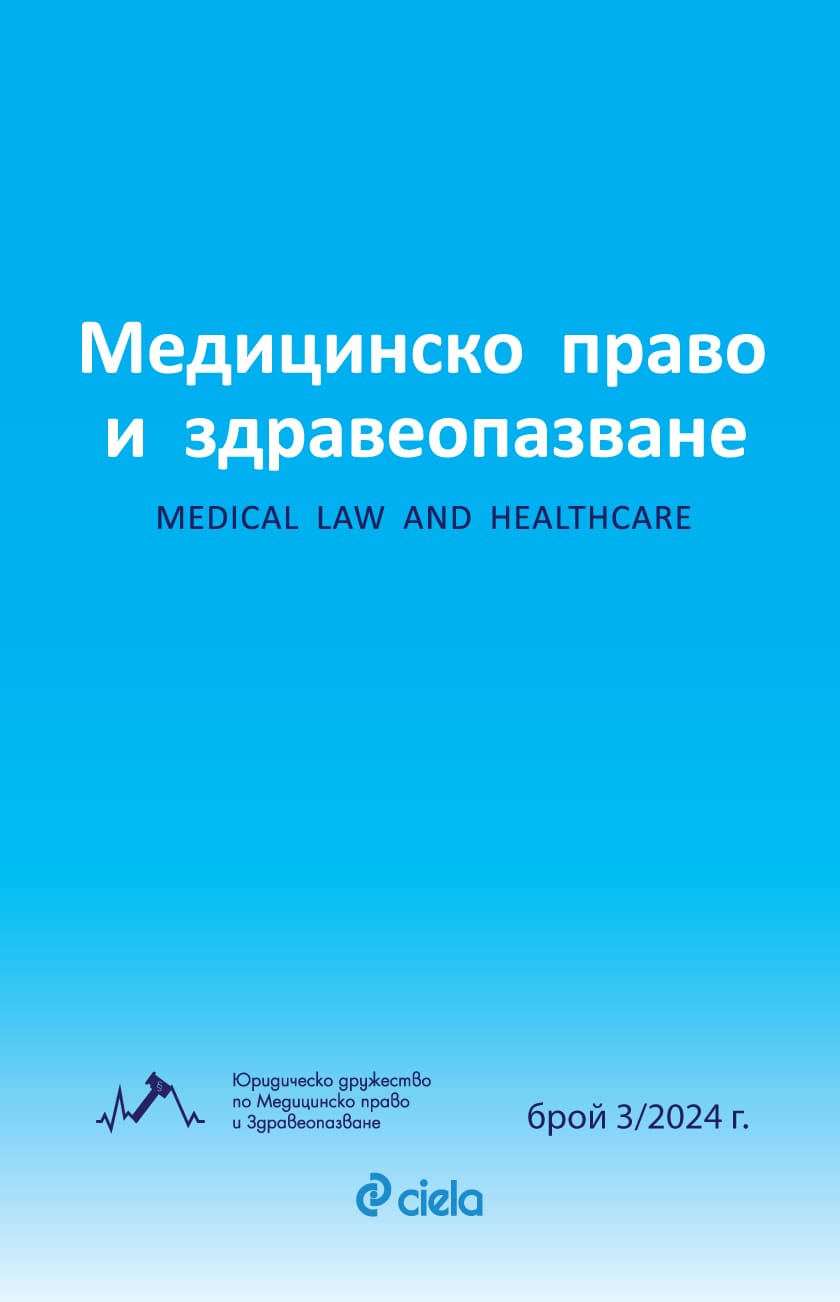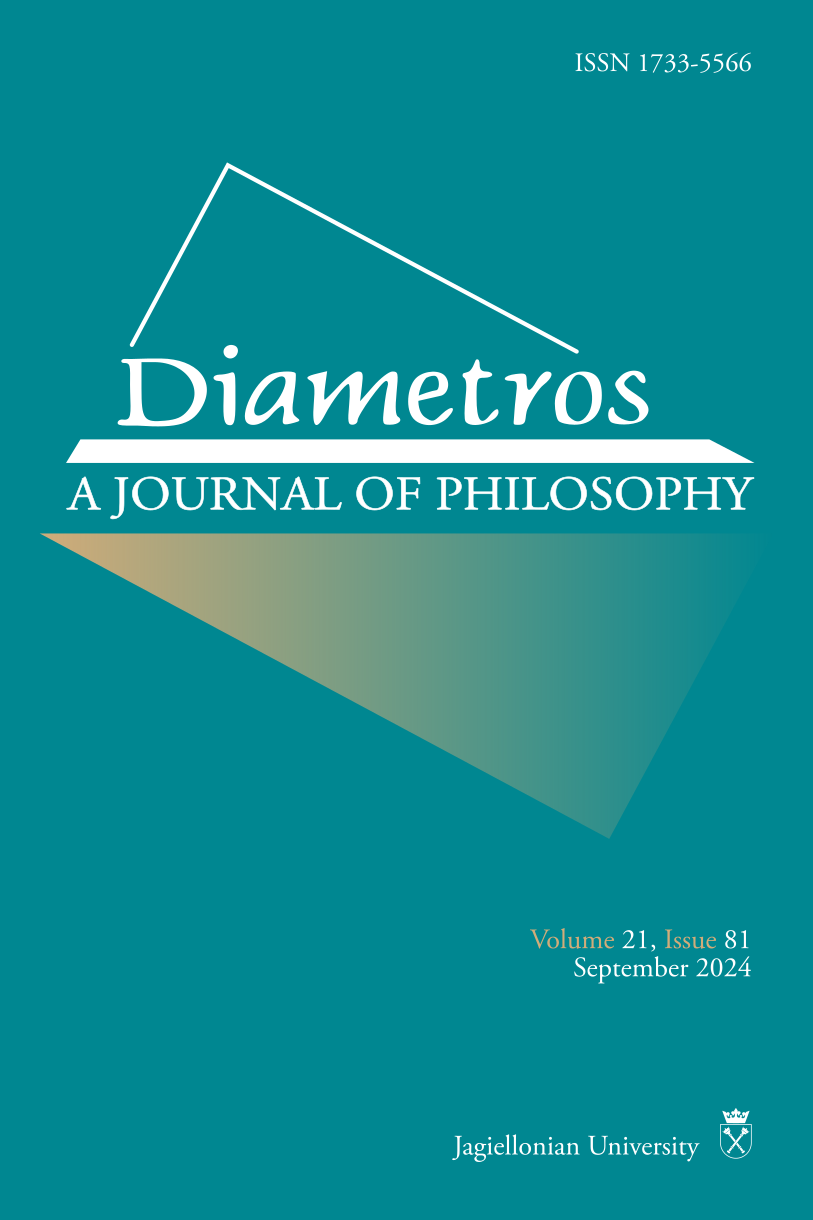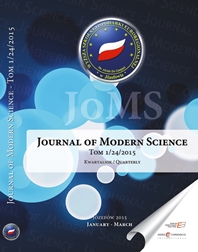
Etyczna analiza dokumentów dotyczących ochrony klimatu.
The United Nation Framework Convention on Climate Change and Kyoto Protocol are considered crucial from the perspective of climate change analysis. Their main point was that climate change and its negative consequences represent the common problem of all the people on Earth. Ethical analysis of the documents reveal on the opportunities to connect justice and responsibility with the legal and political concepts that in turn effects in co-creation of mutually understood meanings. The Air Protection Order results from the idea of sustainable development that represents the fundamental base of documents. However international climate agreements do not define this idea, barely comprising its constitutive elements like intra- and intergenerational justice, contemporary and future generations responsibility and need for natural environment protection.
More...
